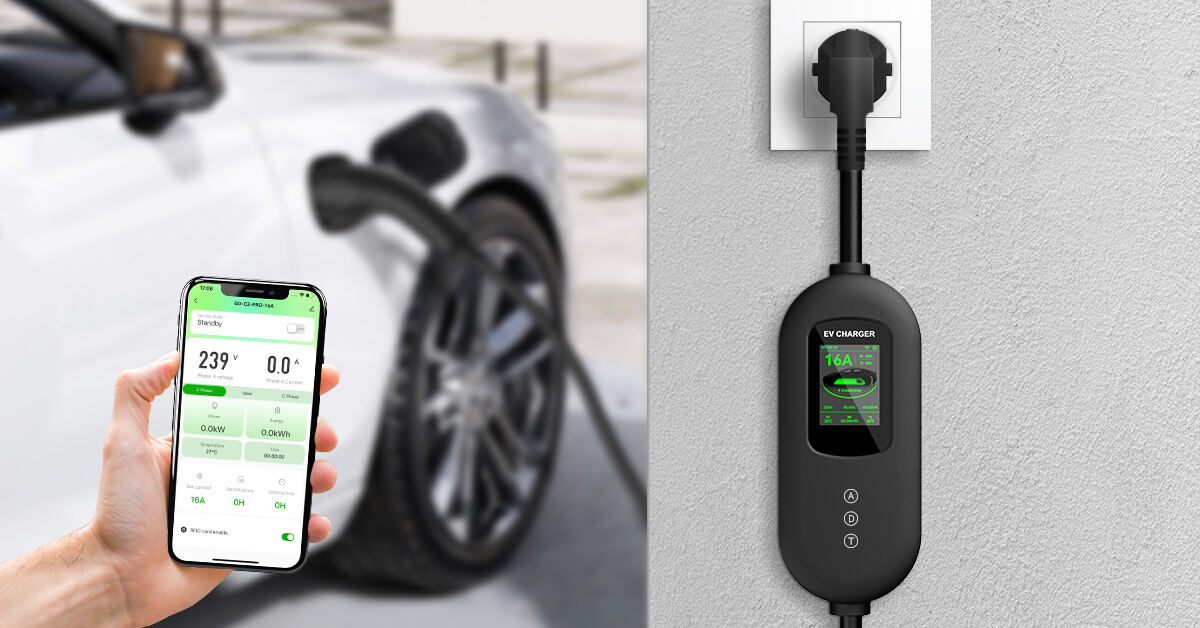The change in the EV industry is rapid like never before, and the need for effective and tailored charging solutions is at the moment unprecedented. There is a marked shift towards the adoption of EVs both at the consumer level and at the corporative level. There is a critical need of specialized EV AC charging pile products as well as tailor made solutions servicing both B2C and B2B. This article aims to explore the various custom options available for the charging piles and their importance as well as their user-centric design.
What is EV AC Charging Piles
Charging piles for AC EVs function as a part of the vehicle infrastructure ecosystem, servicing and charging the vehicle batteries. Compared to AC fast chargers, AC charging piles are more appropriate in locations where vehicle parking is extended like places of residence, offices, and even in public charging locations. Besides customization with regard to the products and services provided, AC charging piles also have the flexibility to customize to user requirements.
EV Charging Solutions Customization Options
The customization of EV AC charging piles can take form in several areas. One salient example would be the power output (charging speed) which ranges between 3.7 kW to 22 kW and above. Charging piles can be set to different power levels in order to cater to the users’ demands which makes certain that different EV makes and models will be charged within the desired timeframe. In addition, user interfaces, cable length, connectors, and even the charging ports themselves can be enhanced for better usability.
The integration of smart technologies poses in addition an increasingly important customization concern. Many new models of EV AC charging piles scan come with the capability of allowing users to monitor the charging session in real time, Turn the charging session on and off, schedule the session, and even notify when the charging session is scheduled to end or when the charging session is automatically completed. This enhances the user experience but more importantly, users, when enhanced automation capabilities are embedded, are able to manage power, and in cases like a company, lower operational costs, which in the long run can save a lot of money.
Meeting Different Customer Needs
Customers vary when it comes to the solutions provided for charging an EV. A case in point is the residential customers who consider the design of the charging station and its ergonomic appeal. Different customers have different needs due to the different purposes and uses they have in mind. For manufacturers to serve specific customers, they need to design charging systems with specific features. For instance, there is a shopping mall customer who wants a charging pile with multiple charging ports and simple payment systems. There are also self-serve features. Moreover, there are residential customers who want a stylish wall-mounted unit with remote control functions.
Sustainability and Customization
While pursuing sustainable energy, EV AC charging piles need to be constructed with sustainable design principles in mind. For example, the charging processes for some of the charging piles can be powered from solar panels. In addition, greater sustainable energy use coupled with brand loyalty from the eco-friendly target market helps in brand image.
The Most Recent Updates and Future Plans
The direction the electric vehicle charging industry takes will be influenced by several key trends. As electric vehicle (EV) sales surge, there is a commensurate need for charging stations that are user-friendly, eco-friendly, and effective. Moreover, attention to interoperability is ensuring that charging piles are compatible with various electric vehicles (EVs) and charging networks. In the future, greater focus will be placed on the customization of EV AC charging piles as they will be vital components of the ecosystem supporting electric vehicles.

